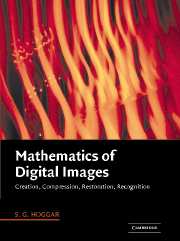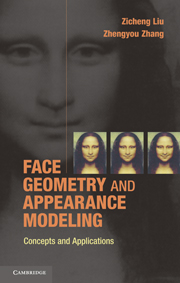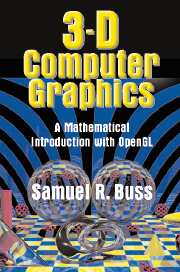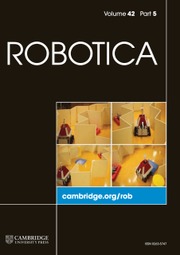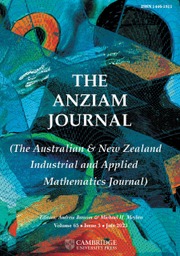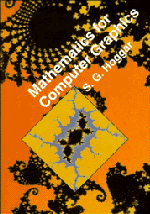Mathematics of Digital Images
This major revision of the author's popular book still focuses on foundations and proofs, but now exhibits a shift away from Topology to Probability and Information Theory (with Shannon's source and channel encoding theorems) which are used throughout. Three vital areas for the digital revolution are tackled (compression, restoration and recognition), establishing not only what is true, but why, to facilitate education and research. It will remain a valuable book for computer scientists, engineers and applied mathematicians.
- Written to be understood not only by engineers but by all concerned with digital image issues
- Builds up the required probability and information theory from scratch
- Draws on material from author's successful earlier book
Reviews & endorsements
"Recognition explains the mathematics needed to carry out various aspects of digital imaging through examples, exercises with solutions, pseudocode and sample calculations on images. Suitable for a course or tutorial."
Spectra
"This book explains the mathematics needed to understand and carry out these components in a style at once rigorous and practical, with many worked examples, exercises and solutions, pseudocode, and sample calculations on images."
Bookshelf
"The writing style, editing and figures and overall presentation are excellent. I found it a pleasure to read and will keep it handy as a reference book. This is a book that I would have found extremely useful at the start of my PhD, and I would recommend it particularly for graduate students who need a robust reference on mathematical foundations."
Jason Dowling
IAPR Newsletter
"...offers both theory and practical applications and exercises. College-level courses will want to consider this as a classroom text on the subject, but specialty libraries will also find it a popular pick for advanced self-study."
California Bookwatch
Diane C. Donovan, Midwest Book Review
"The strength of this book is the substantial background material that is required to understand modern image processing techniques. ...I found this book to be a useful reference tool for those wanting to understand basic image processing techniques. It is clearly written and easy to follow."
David Chop
Northwestern University
"...Recommended as a textbook for courses or for self-study."
Agnieszka Lisowska
Product details
September 2006Hardback
9780521780292
854 pages
253 × 194 × 50 mm
1.771kg
30 b/w illus. 20 tables 125 exercises
Unavailable - out of print November 2011
Table of Contents
- Introduction
- 1. Isometries
- 2. How isometries combine
- 3. The braid patterns
- 4. Plane patterns and symmetries
- 5. The 17 plane patterns
- 6. More plane truth
- 7. Vectors and matrices
- 8. Matrix algebra
- 9. Probability
- 10. Random vectors
- 11. Sampling and inference
- 12. Entropy and coding
- 13. Information and error-correction
- 14. The Fourier transform
- 15. Transforming images
- 16. Scaling
- 17. B-spline wavelets
- 18. Further methods
- References
- Symbols
- Selected answers
- Index.

